'Like a Dream': AFP Photographer Returns to Syria
- 29/12/2024
- 5 comments
- 36
- 125
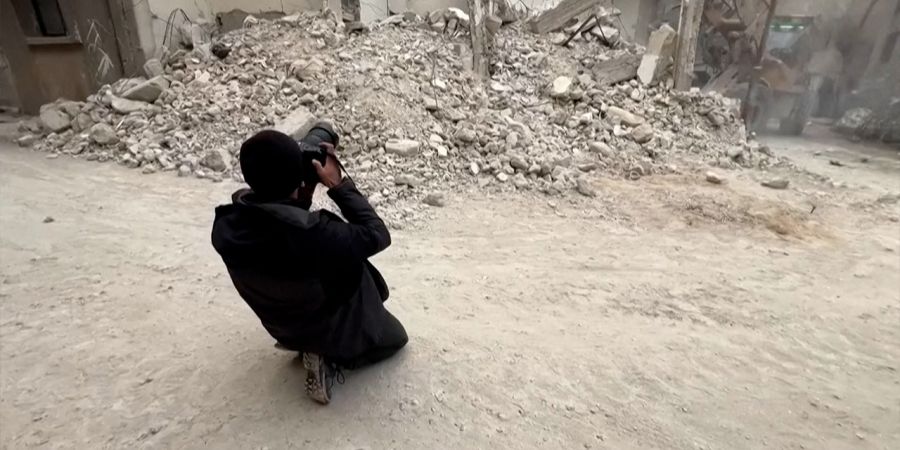

Tarek Karam 30/12 16:40

Marc Saikali 30/12 16:20

This is Beirut 30/12 13:10

This is Beirut 30/12 12:50

This is Beirut 30/12 11:32
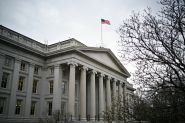
This is Beirut 30/12 23:02
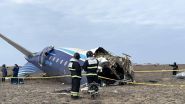
This is Beirut 30/12 20:09

This is Beirut 30/12 17:38

This is Beirut 30/12 17:37

This is Beirut 30/12 15:20
This is Beirut 29/12 21:00
This is Beirut 29/12 17:20
Yara Germany 29/12 15:35
Rayan Chami 28/12 18:00

This is Beirut 30/12 21:30

This is Beirut 29/12 10:55

This is Beirut 29/12 10:40

Liliane Mokbel 28/12 12:00

This is Beirut 27/12 21:35

This is Beirut 30/12 18:00

This is Beirut 30/12 14:09

This is Beirut 30/12 10:30

Bélinda Ibrahim 29/12 18:00

This is Beirut 29/12 14:00
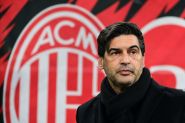
This is Beirut 30/12 12:10

This is Beirut 30/12 09:10

This is Beirut 29/12 18:45

Jalal Beaino 29/12 15:21

This is Beirut 29/12 14:00
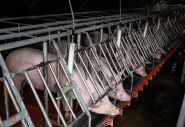
This is Beirut 18/12 19:25

Alain E. Andrea 10/12 19:40

This is Beirut 09/12 12:40

Alain E. Andrea 05/12 14:35

Alain E. Andrea 02/12 18:40

par Ici Beyrouth, 30/12 22:40
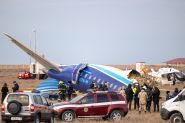
par Ici Beyrouth, 30/12 20:09

par Ici Beyrouth, 30/12 19:30

par Yara Germany, 30/12 18:00

par Madeleine Cadoux, 30/12 18:00